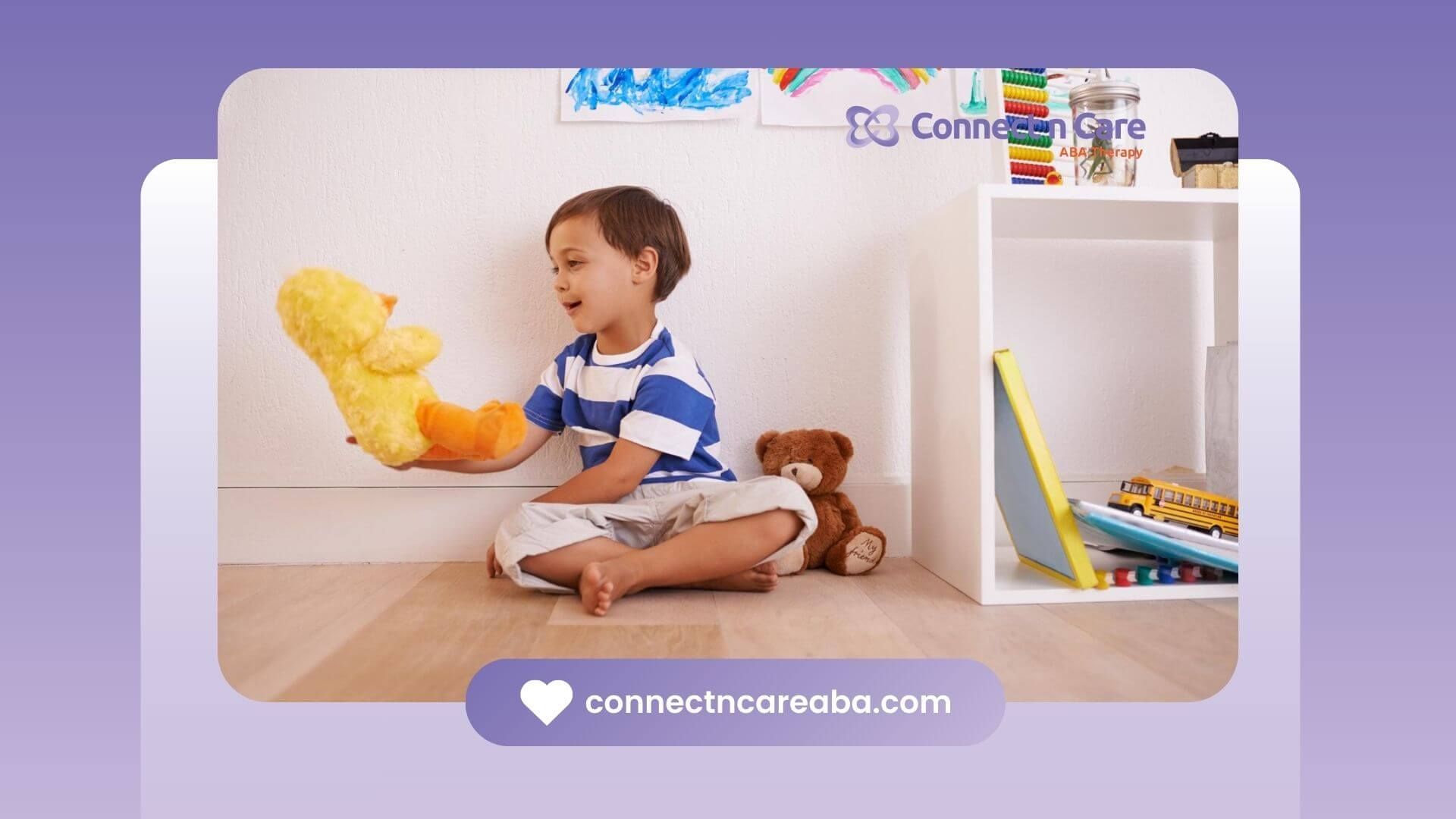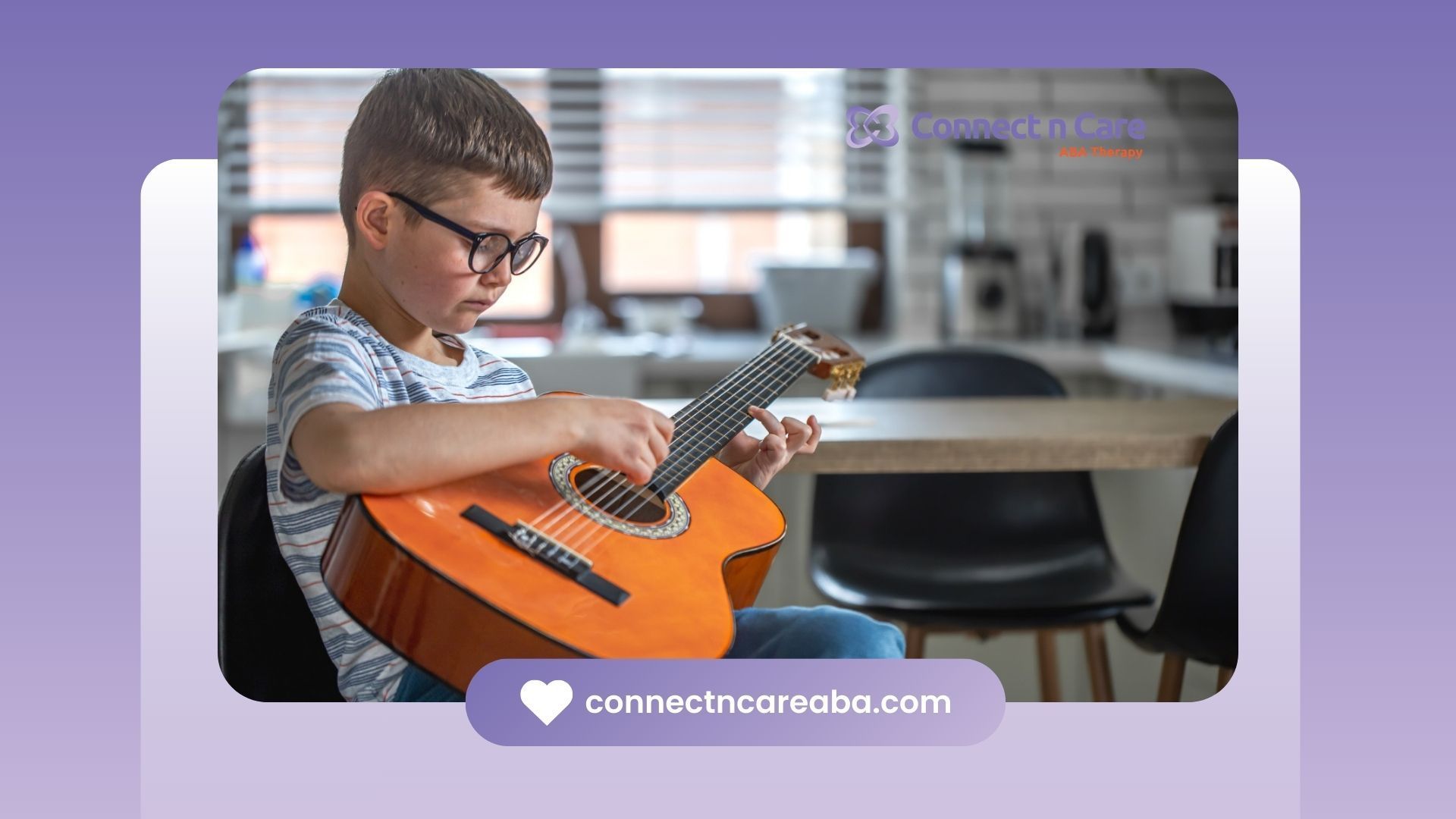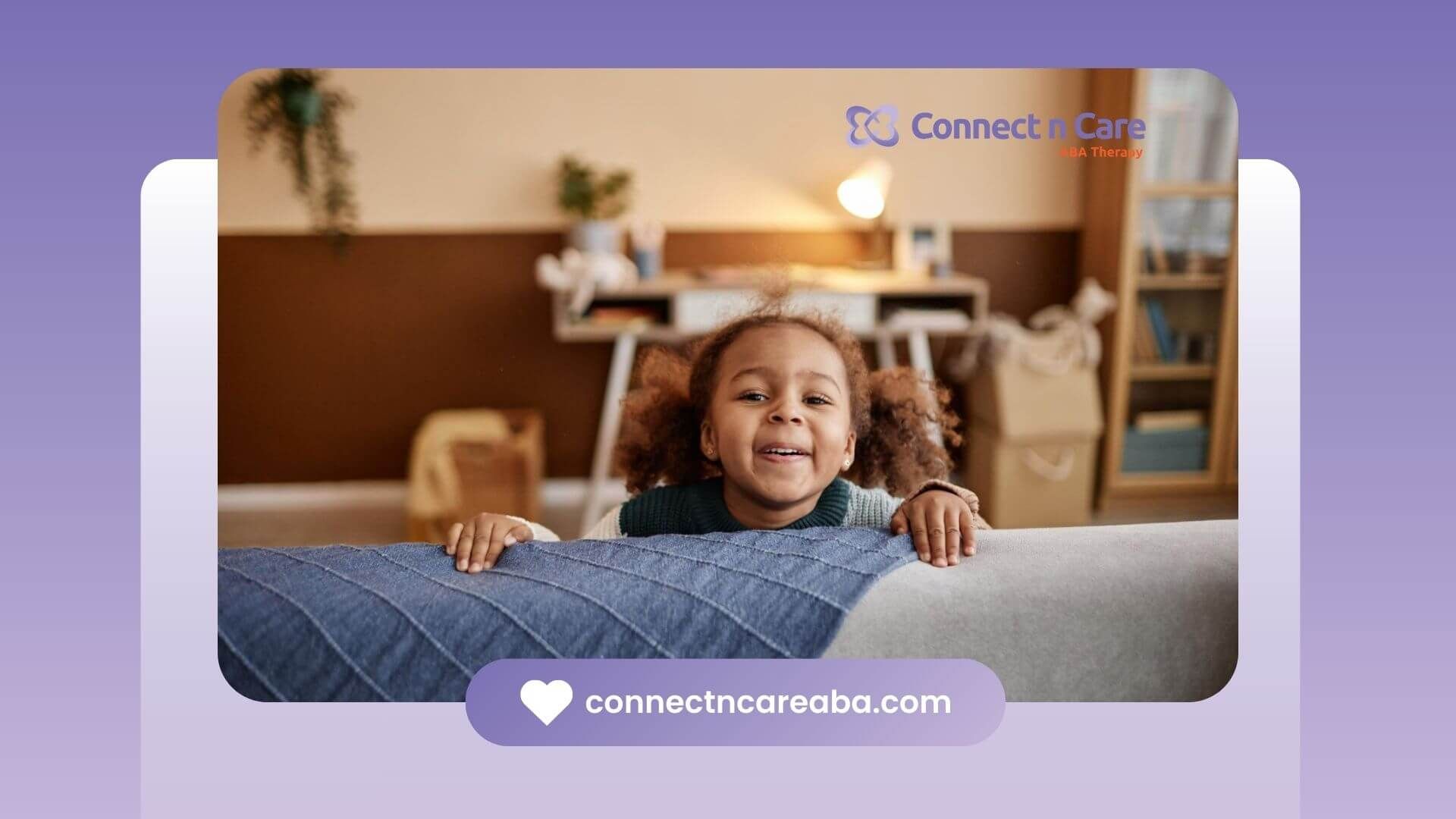If your child is autistic and not yet speaking, you might wonder where to start. The short answer? Consistent communication, patience, and the right support can make a huge difference.
Every child’s journey is unique, but with practical strategies and professional guidance, progress is possible.
Follow Their Interests
Children are more likely to engage when the topic excites them. If your child loves trains, talk about trains, show pictures, and encourage sound imitation related to them. This builds comfort and motivation.
Use Everyday Opportunities
Turn daily routines—like mealtime or playtime—into language-building moments. According to the American Speech-Language-Hearing Association, repeated exposure in meaningful contexts can strengthen communication skills.
Pair Words with Actions and Visuals
When you say “ball,” hold or roll a ball. Visual cues help connect the word’s meaning, especially for children who process language better through sight.
Give Space for Responses
It’s tempting to fill the silence, but pauses give your child time to respond. Dr. Stephen Camarata from Vanderbilt University notes that “waiting just a few extra seconds can encourage more verbal attempts.”
Work With Specialists
Speech therapists and autism specialists can tailor approaches for your child’s needs. A study found that early, individualized intervention can significantly improve communication outcomes in autistic children (source: National Institutes of Health).
At Connect n Care ABA, we provide personalized ABA therapy across North Carolina and Virginia.
Our services are flexible to meet your child’s needs—we offer in-home ABA therapy for learning in a familiar, comfortable setting, school-based ABA for real-time support in the classroom, and clinic-based ABA for structured, skill-focused sessions.
Our caring team works closely with families to strengthen communication, social, and daily living skills. Call us today to schedule a consultation and take the first step toward helping your child communicate with confidence.
FAQs
1. Can all autistic children learn to talk?
Not all will use speech, but many can develop verbal or alternative communication skills with the right support.
2. How soon should I start speech intervention?
The earlier, the better—research shows early intervention leads to better long-term outcomes.
3. Does screen time help or hurt speech development?
Excessive screen time can limit real interaction. Use it sparingly and focus on live, responsive communication.
Sources
https://pmc.ncbi.nlm.nih.gov/articles/PMC7350882/
https://pmc.ncbi.nlm.nih.gov/articles/PMC9857540/
https://pmc.ncbi.nlm.nih.gov/articles/PMC9578461/
https://www.autismspeaks.org/expert-opinion/seven-ways-help-your-child-nonverbal-autism-speak
https://www.autismparentingmagazine.com/autism-language-development/









